Socialism and the Classical Liberal Critique
About this Collection
Modern socialism emerged in the 1830s and 1840s in France and England at a time when classical liberalism was beginning to have an impact with reforms such as the First Electoral Reform Act of 1832 and the success of the Anti-Corn Law League. The success of socialist ideas in the revolutions of 1848 meant that classical liberals increasingly had to turn their attention to combatting calls for government intervention in the economy from the “Left” as Frederic Bastiat did in the last few years of his life. As classical liberalism began to decline in the late 19th century it fell to a handful of radical individualists like Thomas Mackay and Herbert Spencer to oppose the gradualist, Fabian school of socialism in Britain, and to strict laissez-faire advocates like Eugen Richter in the German parliament. It was only after the rise of the Bolsheviks to power in Russia after the First World War that the most coherent and devastating critique of socialism appeared in the work of Ludwig von Mises and later in that of Friedrich Hayek.
Key People
Titles & Essays
Quotes
Socialism & Interventionism
Frédéric Bastiat argues that socialism hides its true plunderous nature under a facade of nice sounding words like “fraternity” and “equality” (1850)
Socialism & Interventionism
Mises on “interventionism” as a third way between the free market and socialism (1930)
Notes About This Collection
For additional information about Socialism and the Classical Liberal Critique see the following:
- in the Forum: Timeline on the Critique of Fabian Socialism
- in the Library: Debate on Fabian Socialism vs. Radical Liberalism
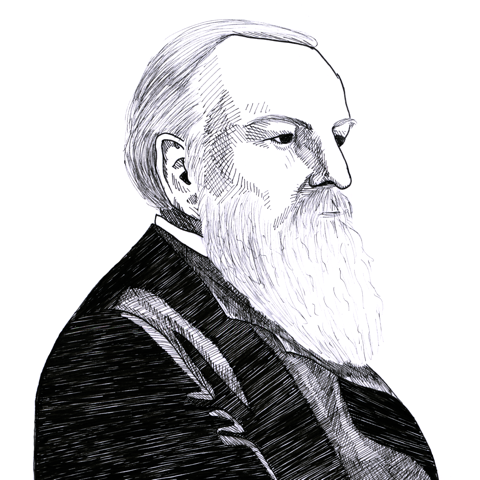
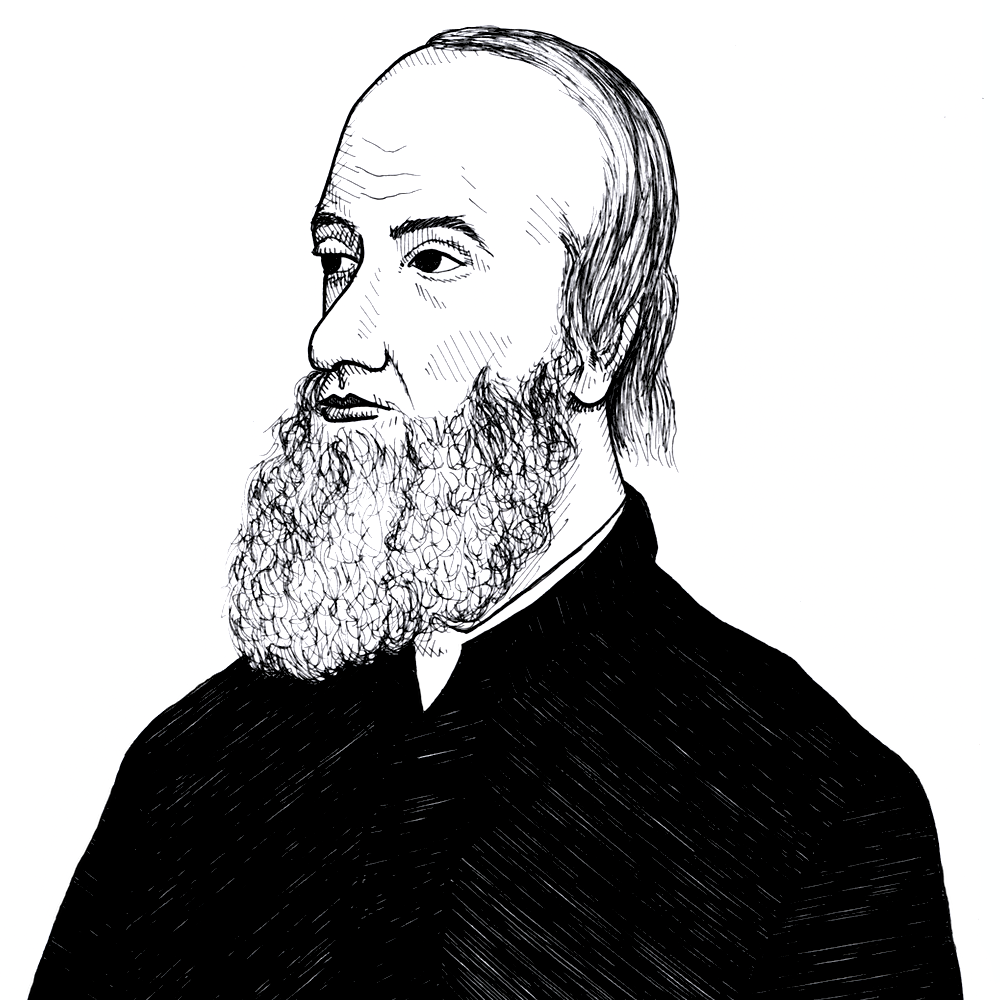
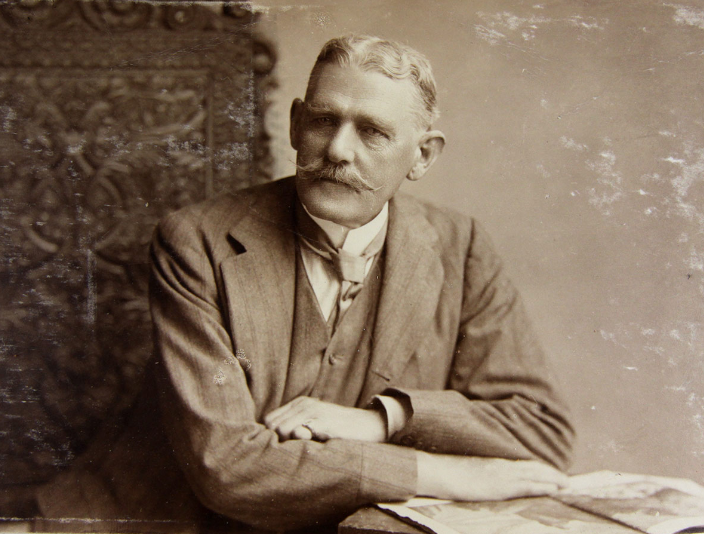
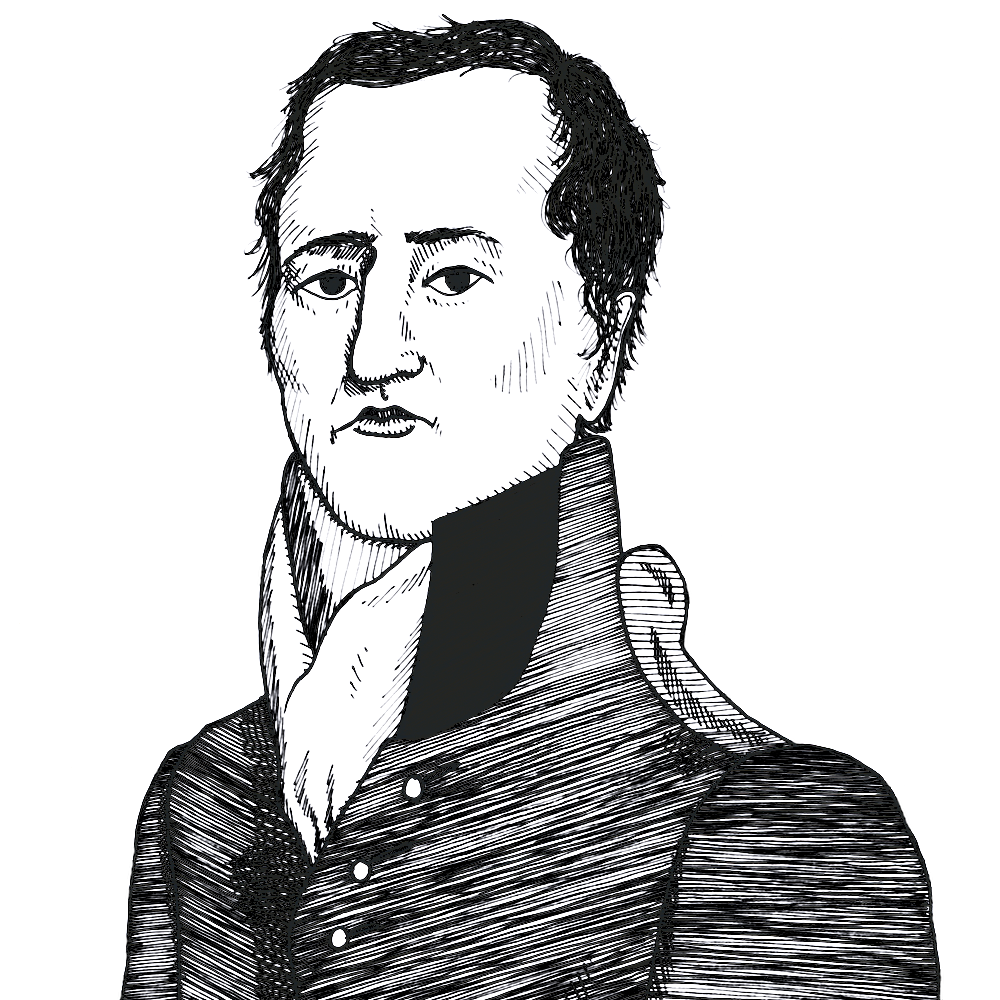
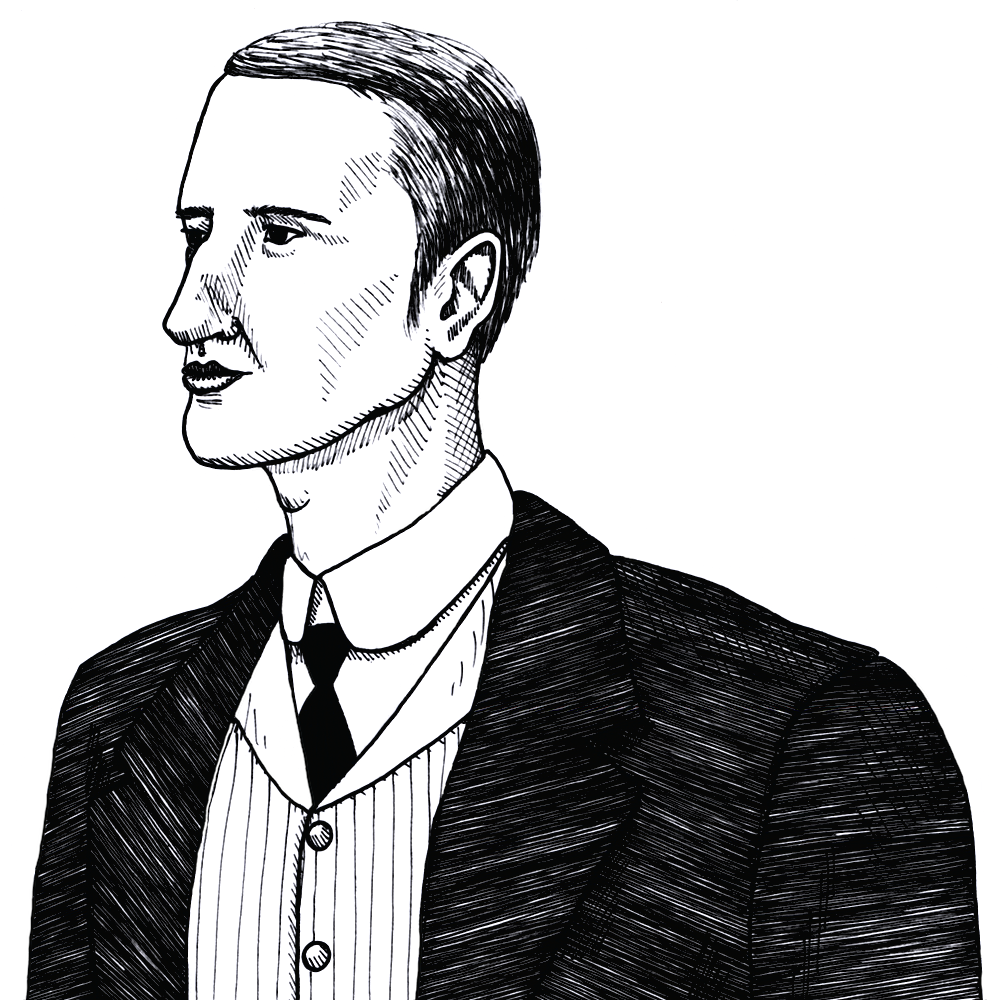
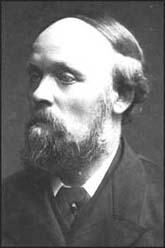
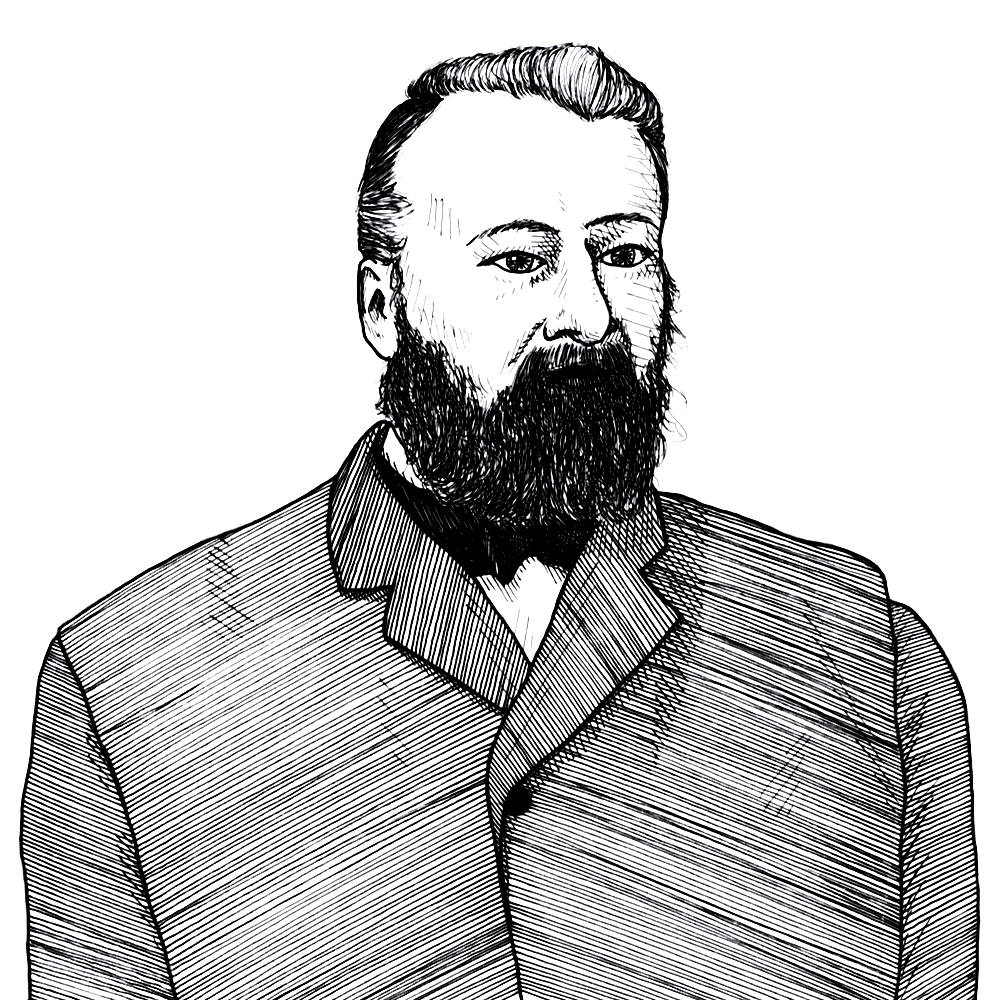
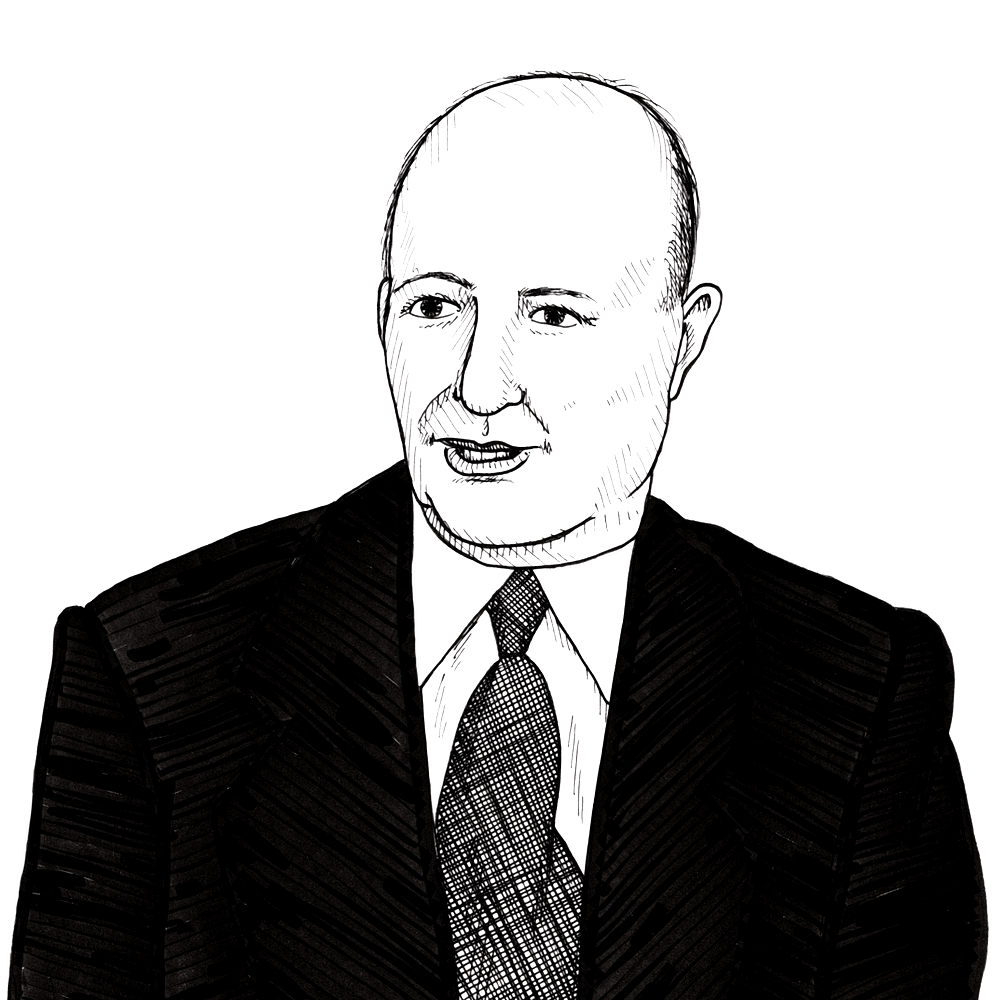
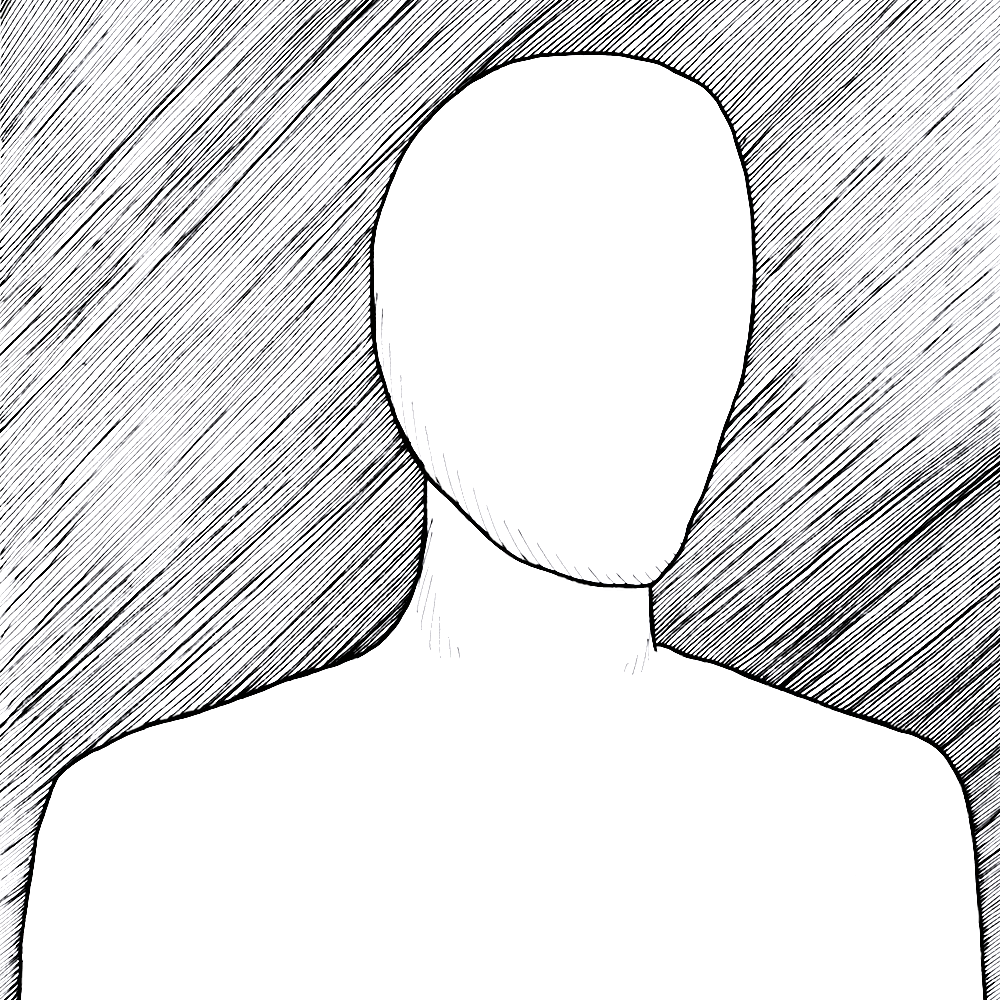
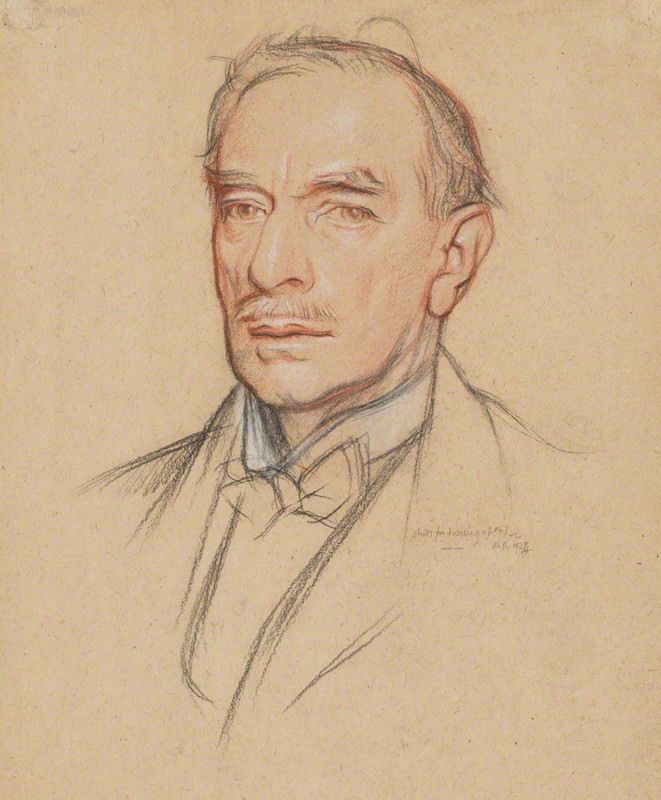
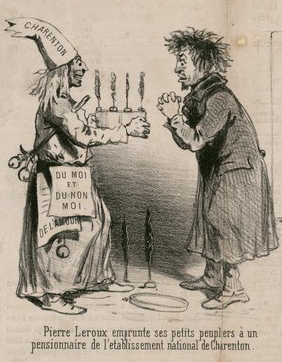
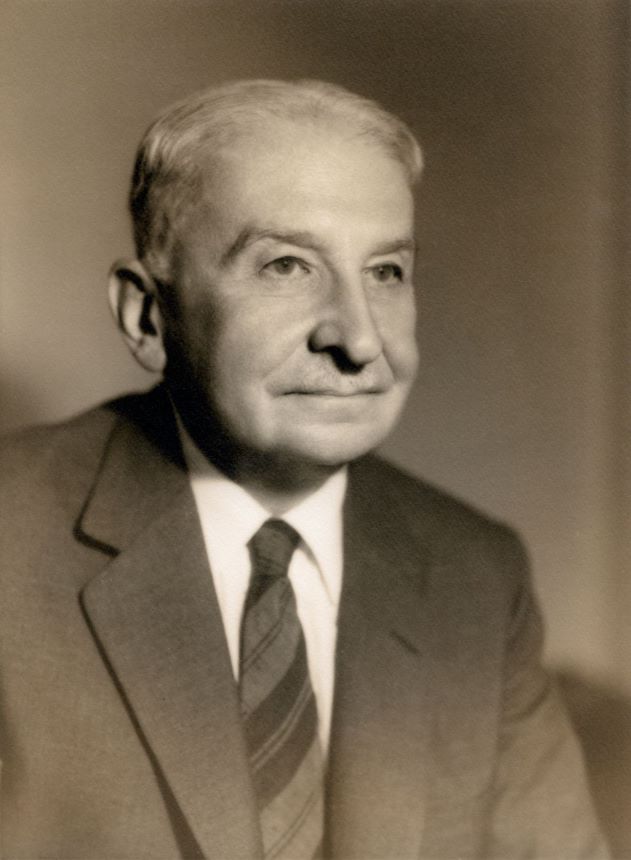
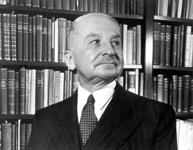
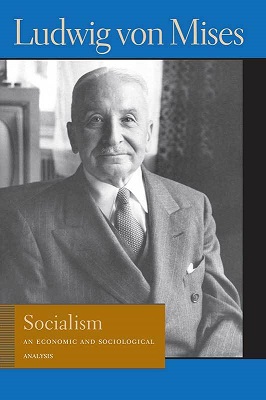
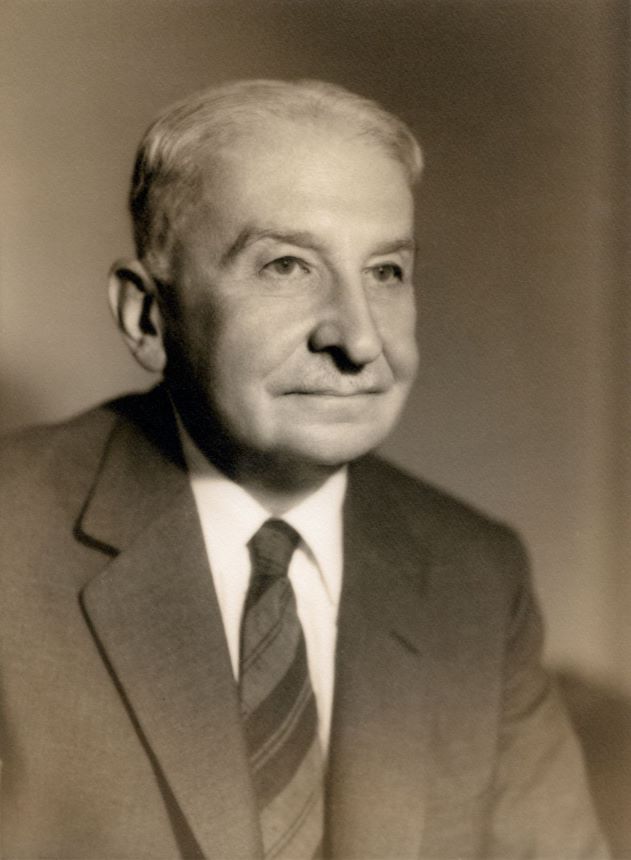
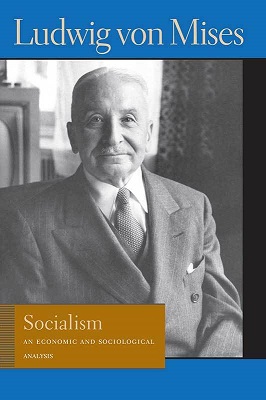
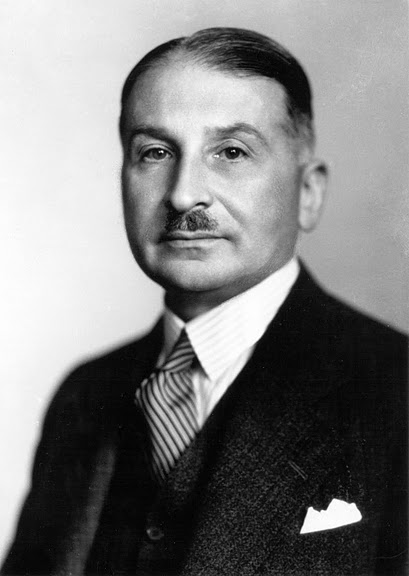
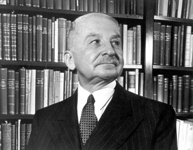
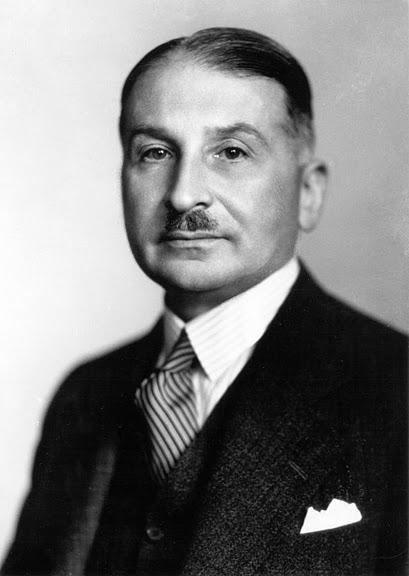
Social Sciences